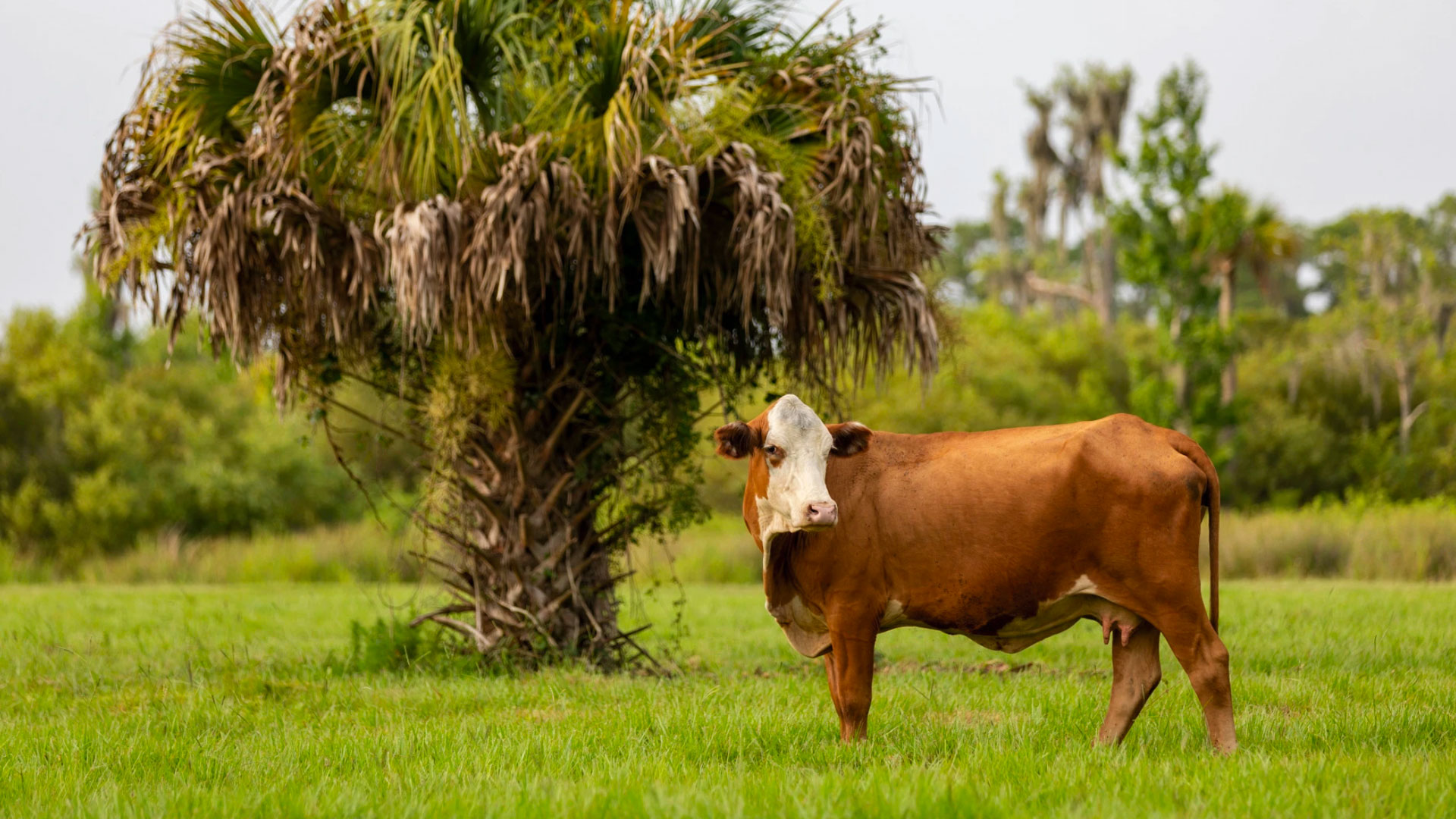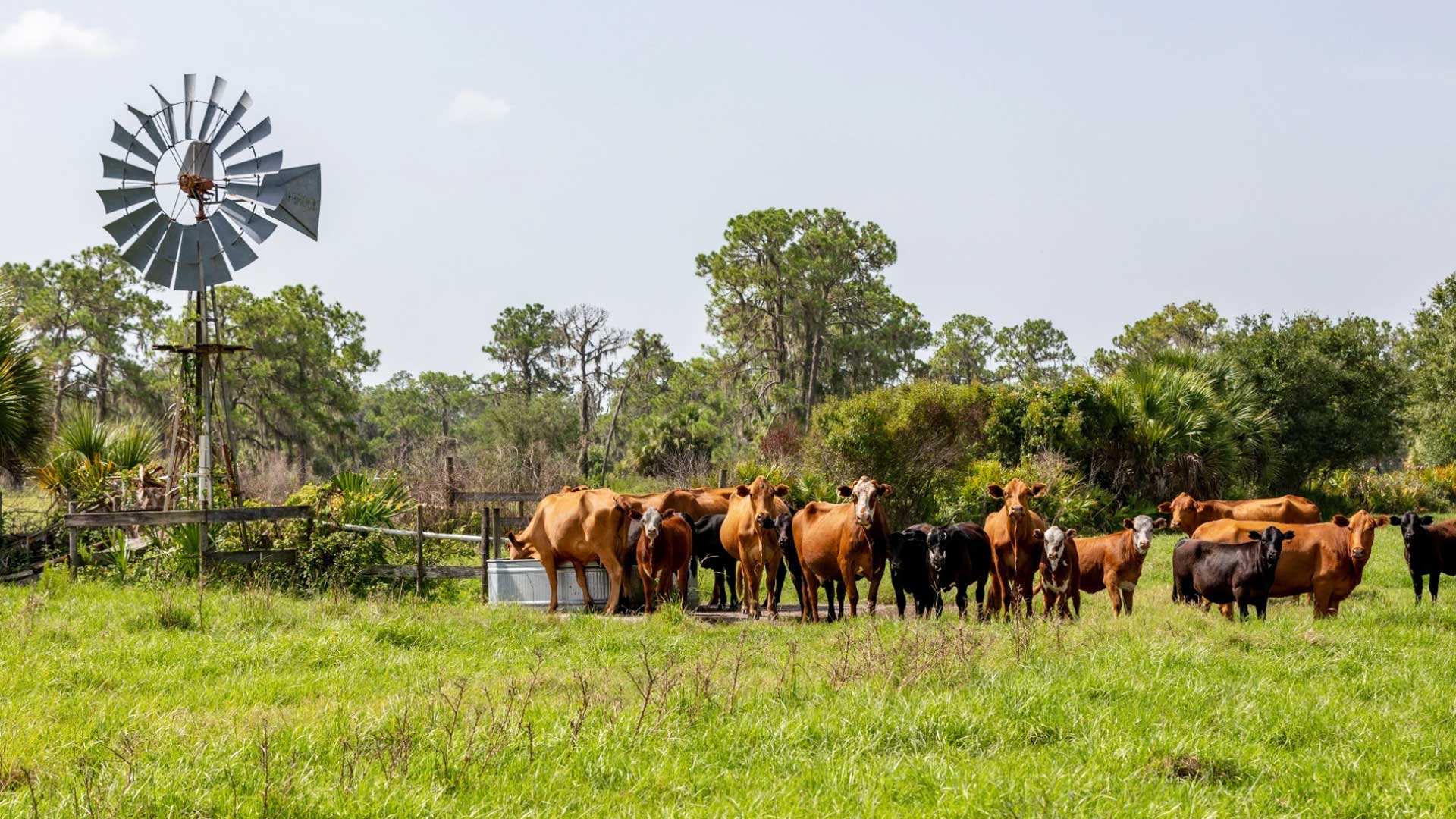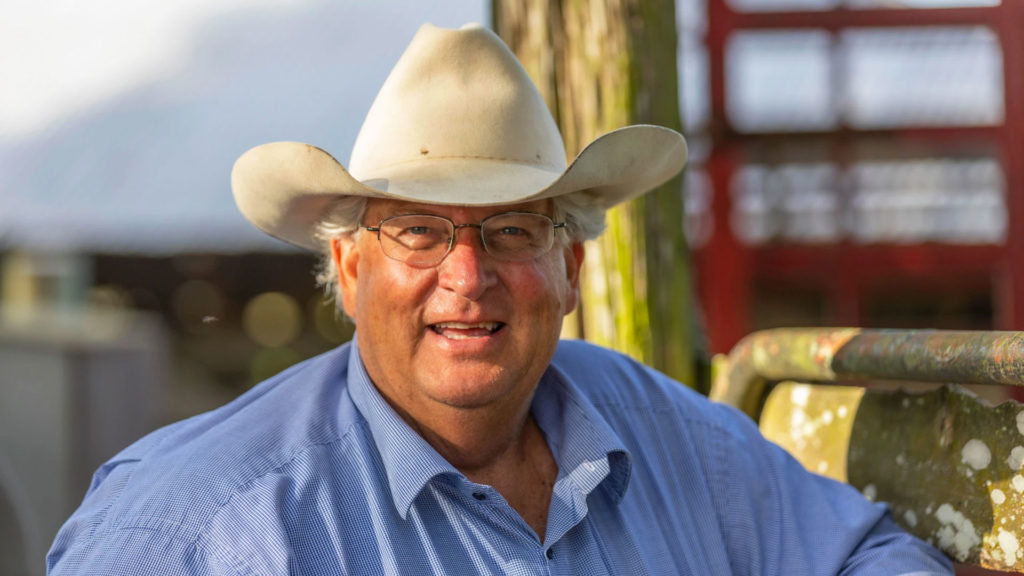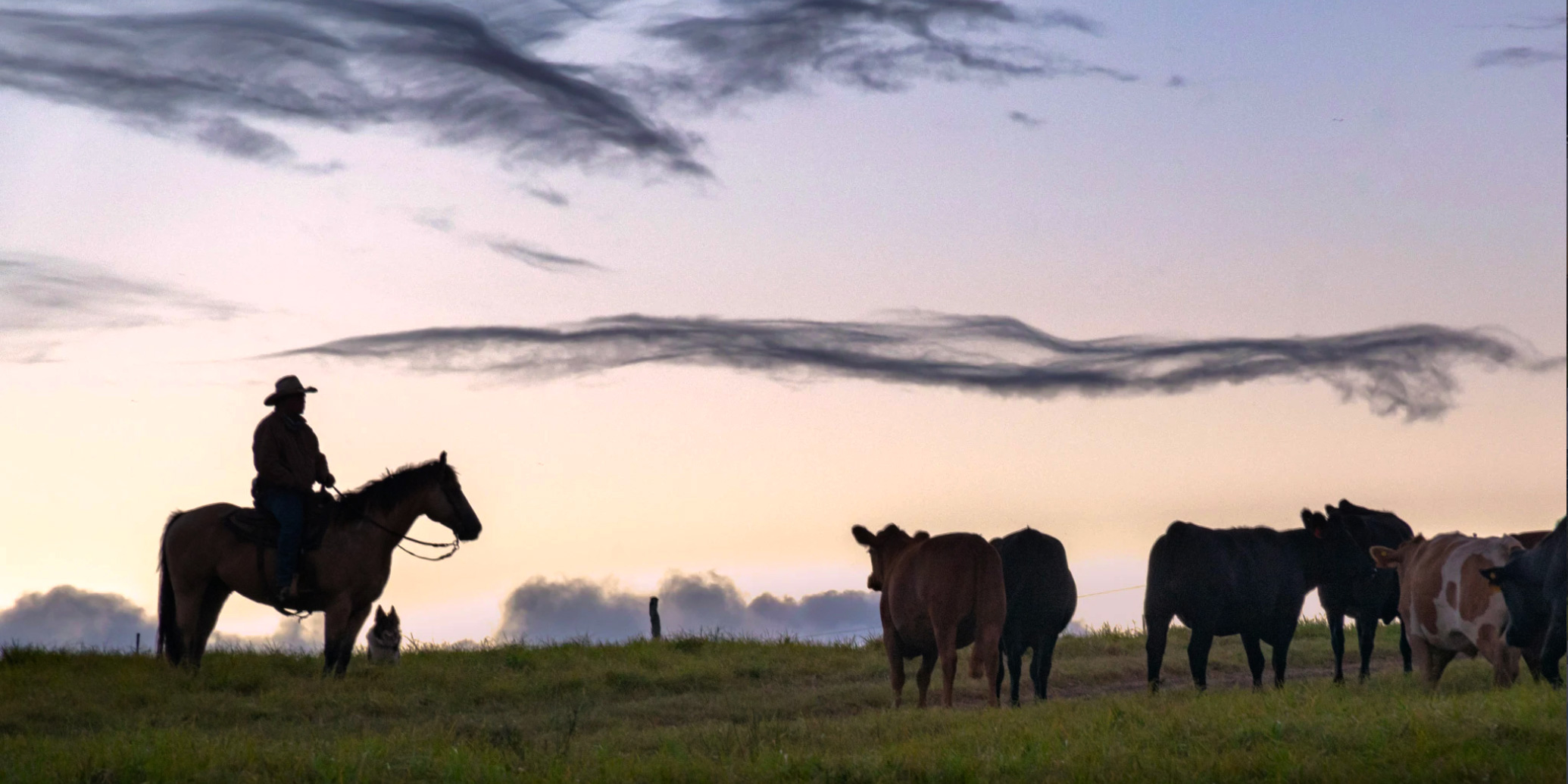A common misconception people have when it comes to raising cattle is that it negatively impacts the environment, but the truth is cattle farms and ranches across the country are actually helping to preserve and regenerate the land. It may also come as a surprise to many that you don’t have to go that far outside the city to find people like sixth-generation Floridian and cattle rancher Jim Strickland, managing the land and animals in a way that benefits the ecosystem.
In a part of the country where urban sprawl is the norm, and wetlands and open space are being converted into development, Strickland looks out over the land and explains why he’s so passionate about what he does. “Cattle ranches are the next best thing to pristine wilderness here in Florida because they’re one of the least intensive, least intrusive activities that can happen on open land. If we don’t have cattle, we don’t have green space. If we don’t have green space, we will be developed faster. We need to keep this green space.”
For Strickland, open land and green space is key and he helps to preserve the open land by managing it in a way that minimizes the need for herbicides, pesticides and fertilizers, while providing habitat for endangered species, promoting the growth of native vegetation, which helps sequester carbon, and actually increasing water filtration to improve the quality of the water that leaves his ranch.
 Strickland got his start in the business after his father instilled in him a love for cattle, horses and wildlife. When Strickland was just 17, his father died and he took over the family ranch. What began as the continuance of a family legacy quickly grew into Strickland’s passion and a more than 50-year journey in ranching and land preservation.
Strickland got his start in the business after his father instilled in him a love for cattle, horses and wildlife. When Strickland was just 17, his father died and he took over the family ranch. What began as the continuance of a family legacy quickly grew into Strickland’s passion and a more than 50-year journey in ranching and land preservation.
Today, Strickland owns Strickland Ranch and is managing partner of several other ranches, including Blackbeard’s Ranch and Big Red Cattle Company. That’s a total of about 8,000 acres he oversees, scattered across Levy County, Indian Town in Martin County, Manatee County and Sarasota County. The “S” in Strickland might as well stand for sustainability because that’s what he has focused on this past decade or so, making a name for himself in the field.
“We care about water, air and soil health and our animals,” Strickland says. “My definition of sustainability is taking care of and utilizing our resources without harming them – and hoping to make them better. When you get to make a living off the land, sustainability is an everyday affair that many people don’t recognize.”
In addition to carbon sequestration and maintaining soil and habitat health, Strickland has worked extensively to both ensure responsible water use and water safety for Florida residents.

Strickland worked with National Resources Conservation Services to dedicate a third of Blackbeard’s Ranch into a permanent conservation easement to restore the wetlands and native hydrological regime on 1,500 acres, as well as to protect water quality down-stream (including Tampa).
“We all live downstream from each other and affect each other,” Strickland says. “We’re using science and best management practices to continually learn how agriculture can also do its part in water quantity and quality, fresh water supply, and to protect springs and the Everglades.”
In fact, Strickland’s conservation work on Blackbeard’s Ranch in Myakka was recognized with the 2019 Environmental Stewardship Program National Award.
“Florida is a sheet flow state, so we slow that water down and clean it up by using practices like mini dams and water storage,” he adds. “These little wetland ponds are really nature’s kidneys, and they stop a lot of those nutrients before they get into Tampa Bay.” This allows for the sustainable use of the water, preventing it from being wasted runoff.
The Florida Audubon Society also recognized Strickland with its 2019 Sustainable Rancher of the Year award for demonstrating exemplary environmentally sustainable ranching practices and making efforts to conserve native wildlife habitat.

Strickland serves as vice chairman and cofounder of the Florida Conservation Group, which advocates on behalf of Florida ranchers for science-based land protection and the need for more conservation funding, bringing together ranchers from across the state to advocate for land conservation. He is determined to continue spreading the word about the incredible positive potential impact that raising cattle can have on the environment.
As Strickland likes to say, there is a lot of work that goes into protecting the ecosystems that people never see, and he’s only able to do that work and help preserve the land thanks to cattle ranching. From Southwest Florida’s sandy beaches to the Great Plains to the West Coast, ranchers are caring for land that was passed down to them and ensuring sustainability for future generations.
“I wish the families traveling across open lands don’t just think they’re pretty, but say, ‘Look, do you know how much carbon the cattle and land are sequestering? Ranchers are using resilient techniques to make soil healthy and water safe to drink,’” muses Strickland.



